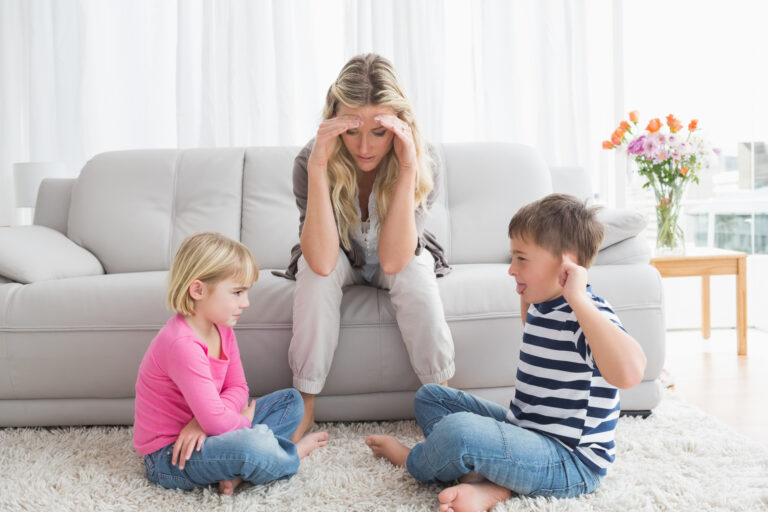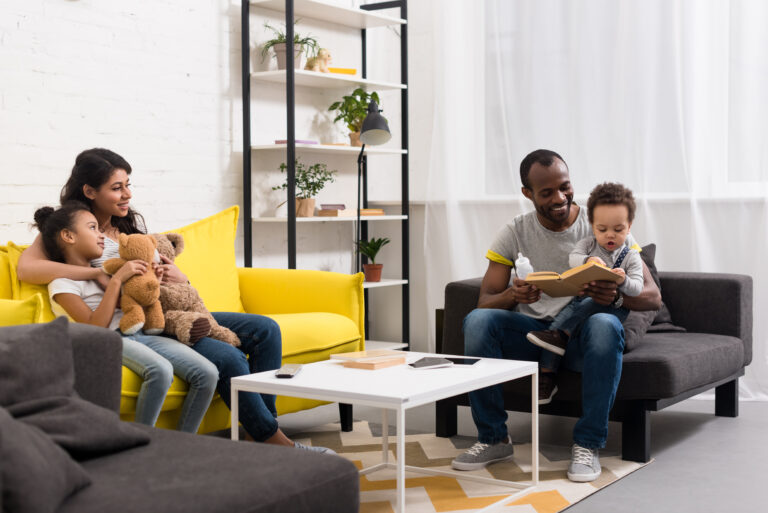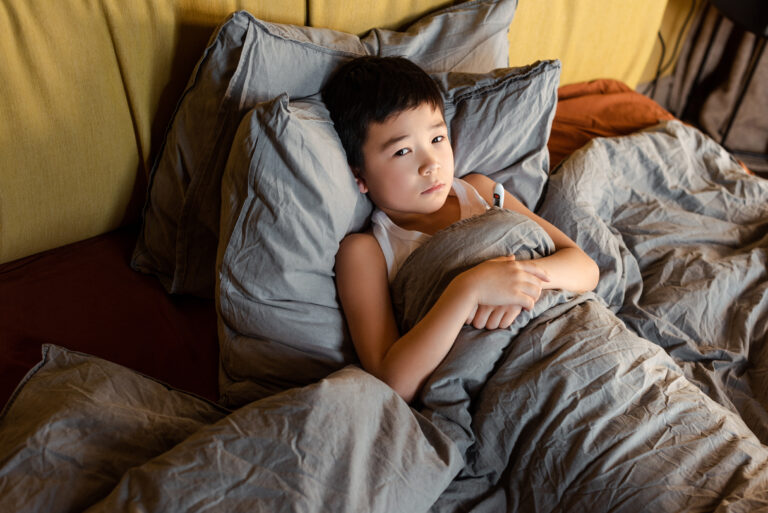How to Prepare Your Family for a Natural Disaster
Natural disasters can happen at any time, sometimes without warning. CanCan Mom has seven tips to help your family stay safe.
This post may contain affiliate links. If you make a purchase, I may benefit at no additional cost to you.
CanCan Mom’s creative routines and schedules make motherhood easier and more fun. Interact with love and laughter more often than impatience by incorporating my unique Quick Steps into your daily family life!
-CanCan Mom, Cheryl L. Butler

Moms Crushing It with CanCan Quick Steps#
You might not be able to control Mother Nature, but by creating a plan in advance, you can control how disasters (natural or manmade) affect your family. Here are seven tips:
- Teach Children Basic Personal Information
- Sign up for Wireless Emergency Alerts
- Assemble an Emergency Kit
- Get Your Kids Involved
- Build a Personal Support Network
- Review Your Insurance Policies
- Create an Evacuation Plan
Get Prepared Before a Natural Disaster Occurs#
Tip 1: Teach Children Basic Personal Information#
Both younger children and teenagers should be taught basic personal information before an emergency strikes so they will know how to communicate with others.
Here is the key information to teach them:
• Basic personal information such as their address, phone number, and how many family members they have so they can identify themselves and get help if they become separated from a parent or guardian.
• Prepare an emergency card with information for each child, including his/her full name, address, phone number, parent’s work number, and a trusted out-of-state contact.
• Know the policies of the school or daycare center your children attend. Make plans to have someone pick them up if necessary.
• Warn children never to touch wires on poles or lying on the ground.
• Role-play with children to help them remain calm in emergencies and to practice basic emergency responses such as evacuation routes and how to call 911.
• Role-play with children as to what they should do if a parent is suddenly sick or injured.

Tip 2: Sign up for Wireless Emergency Alerts#
If you sign up at ready.gov/alerts, you’ll get a text message when there’s a warning for weather alerts in your area.
Tip 3: Assemble an Emergency Kit#
According to the American Red Cross, at a minimum, you should have these basic supplies listed below on hand at all times in case disaster strikes:
• Water—one gallon per person or pet per day (at least a 3-day supply). Also, plastic drinking cups
• Food—non-perishable, easy-to-prepare items (at least a 3-day supply)
• Flashlight and Radio
• Extra batteries—double-check the sizes needed
• First aid kit—check out the Anatomy of a First Aid Kit
• Prescription medications (7-day supply), ibuprofen, children’s Tylenol, allergy medications such as Benadryl
• Multi-purpose tool
• Sanitation and personal hygiene items
• Copies of personal documents (medication list and pertinent medical information, proof of address, deed/lease to home, passports, birth certificates, insurance policies)
• Cell phones with chargers
• Family and emergency contact information
• Extra cash
• Emergency blankets
• Map(s) of the area
• Baby supplies (bottles, formula, baby food, diapers)
• Pet supplies (collar, leash, ID, food, carrier, bowl)
• Extra set of car keys and house keys
• Manual can opener and perhaps a camp stove to heat food or baby formula and matches/lighter in a metal container with a tight lid so kids can’t get to them.
Pack smaller items in freezer bags to keep items dry. Put these bagged items in a backpack, gym bag, or soft-sided suitcase with handles that are easy to grab.
The drinking water could be put in coolers with wheels or brought in a child’s wagon so easier to transport.
Tip 4: Get Your Kids Involved#
Routines help children focus and feel comfortable because they know what to expect, but during a natural disaster, your family may have to leave your home and depart from your daily routine.
For more tips on routines, check out. 6 Simple Tips to Create Effective Daily Family Routines and 5 Important Ways Routines Will Create Balance in Your Home
Children may become anxious, confused, or frightened. It is important to give children guidance that will help them reduce their fears. In a disaster, they’ll look to you and other adults for help. How you react to an emergency gives them clues on how to act. If you react with alarm, your child may become more scared.
The more your children are involved in the process of preparing, the less scared they’ll feel if or when disasters happen. Take them shopping and let them help you find canned goods on sale and other non-perishables.
Have them prepare their “emergency backpacks” with crayons, books, doodle paper, non-perishable snacks such as granola bars and packaged nuts or dried fruit chews, and low-tech travel games such as playing cards or Yahtzee. Today’s kids are used to a world filled with electronics, so if they are going to be without power for several days, they need to have plenty of items to keep them occupied.

Tip 5: Build a Personal Support Network#
Build a support network prior to an emergency by contacting your friends and relatives and giving them your entire family’s cell phone numbers (in case someone gets separated) so they can communicate with your family before, during, and after the storm or other incident takes place. It’s good to have a network in your own community as well as one that is away from your town or out of state so you have double the resources available to you and your family during a crisis.
Tip 6: Review Your Insurance Policies#
Before disaster strikes, take time to review your insurance policies for coverage of:
- emergency housing/hotel rooms,
- food spoilage,
- flooding,
- damaged or lost personal items.
For families with young children, this is very important because you will be exhausted after dealing with all the unexpected problems that come along with a storm, flood, or fire so the last thing you want to do is get in a hassle with your insurance policy.

Tip 7: Create an Evacuation Plan#
Now that you know if you have emergency housing/hotel room coverage or not, make your evacuation plan.
Put the phone numbers of hotels (nearby and some distance away) that can accommodate your family, including your pets, into your contacts.
If there is no hotel coverage, have extra money or a credit card ready to pay for a hotel room. (This is not always easy, but anything extra you can stash away will be helpful.)
Also, check out which family members and friends can take you in during a disaster. List names and cell numbers in order of location. Depending on the disaster, you might only have to go a few miles away, or you might have to leave the state. Make sure you are on their lists!
Now, You are Ready to Go if a Natural Disaster Strikes#
No one ever wants to see their precious family suffer from a natural or manmade disaster. Being prepared reduces your stress and may save your life. Invest the time before anything unexpected occurs so you are ready to protect your family.
Do you have a plan in place if an unexpected disaster takes place? Share your tips in the comment section below, or email me at Cheryl@cancanmom.com.







